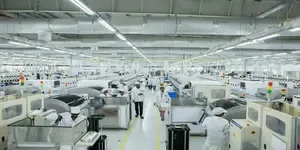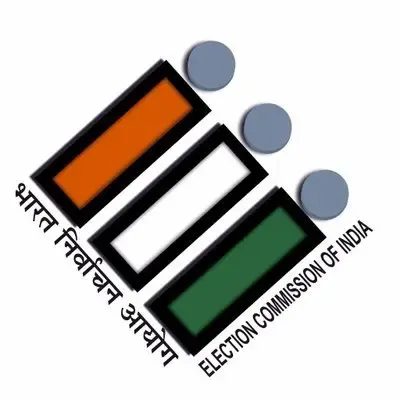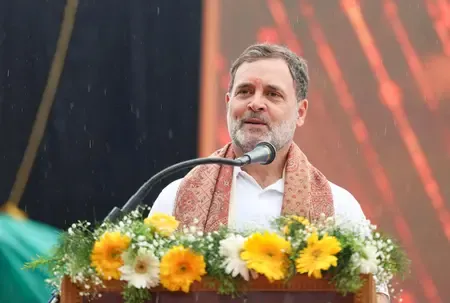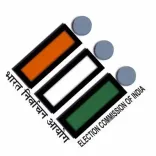Has the Centre Disbursed Rs 1,162 Crore Under the Telecom PLI Scheme?

Synopsis
Key Takeaways
- The government has allocated Rs 1,162 crore under the Telecom PLI Scheme.
- Only 21 out of 42 shortlisted companies have received incentives.
- Concerns exist regarding white-labeling of imported products.
- The scheme aims to create over 44,000 jobs.
- Stronger alignment between telecom providers and government vision is needed.
New Delhi, June 29 (NationPress) The Central government has allocated Rs 1,162 crore under the Telecom Production-Linked Incentive (PLI) Scheme as of March 31, according to data released by the Department of Telecommunications (DoT) this Sunday.
This initiative, initiated on April 1, 2021, is designed to enhance domestic production and promote self-reliance within the telecom industry. It is set to conclude at the end of the current fiscal year.
Among the 42 companies selected for the scheme, only 21 manufacturers have successfully claimed the incentives thus far.
Two firms, Coral Telecom Limited and Alphion India Pvt Limited, had their applications denied for not meeting eligibility standards in their respective financial years.
The government allocated Rs 4,115 crore for this scheme, aiming to generate approximately Rs 2.45 lakh crore in additional sales and create over 44,000 new jobs during its tenure.
By January 2025, beneficiary companies had invested Rs 4,081 crore, leading to total sales of Rs 78,672 crore.
Of this amount, export sales totaled Rs 14,963 crore. The initiative has also facilitated the creation of 26,351 jobs to date.
However, not all responses have been favorable. One beneficiary company, wishing to remain anonymous, claimed that some businesses are merely white-labeling imported products rather than engaging in local manufacturing.
This practice allegedly affects profit margins and contradicts the scheme's original purpose. Industry experts are advocating for tighter oversight to ensure that only authentic domestic manufacturing is rewarded.
Jabil Circuit emerged as the leading beneficiary, securing Rs 235.87 crore in incentives over two financial years.
Other notable recipients include Flextronics (Rs 165.12 crore), Nokia (Rs 157.32 crore), NeoLync Telecommunications backed by Reliance (Rs 142.06 crore), Foxconn’s Rising Stars (Rs 80.33 crore), and Syrma SGS (Rs 53.23 crore).
Several additional companies received smaller grants, such as VVDN Technologies (Rs 48.37 crore), Sanmina-SCI (Rs 44.35 crore), Dixon India (Rs 34.78 crore), and GX India (Rs 20.91 crore).
Industry analysts suggest that a closer alignment between telecom providers and the government’s vision is crucial.
They underline the necessity of promoting the purchase of telecom products with greater local value addition to genuinely fulfill the objectives of self-reliance and job creation.










